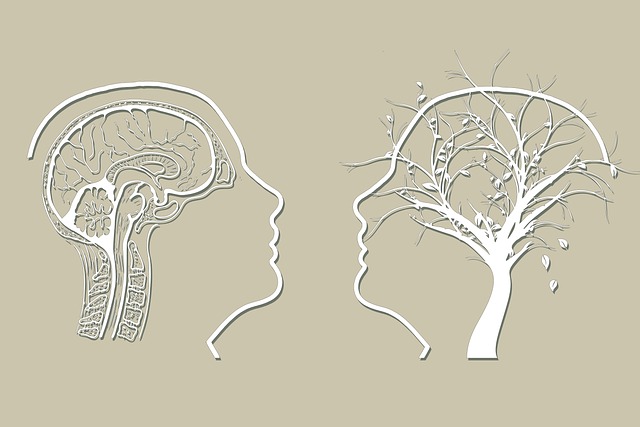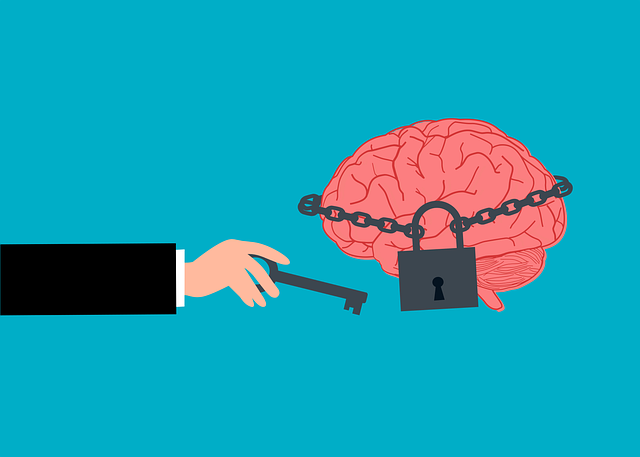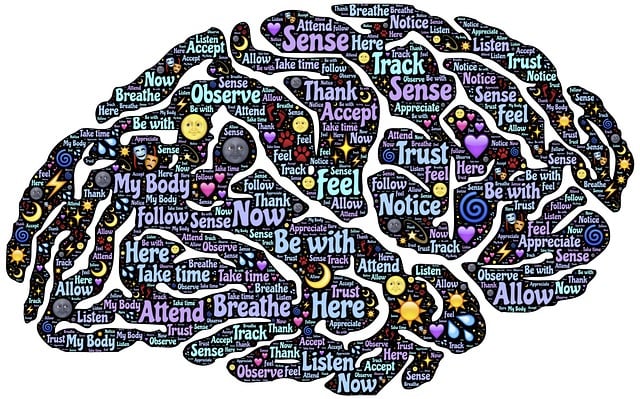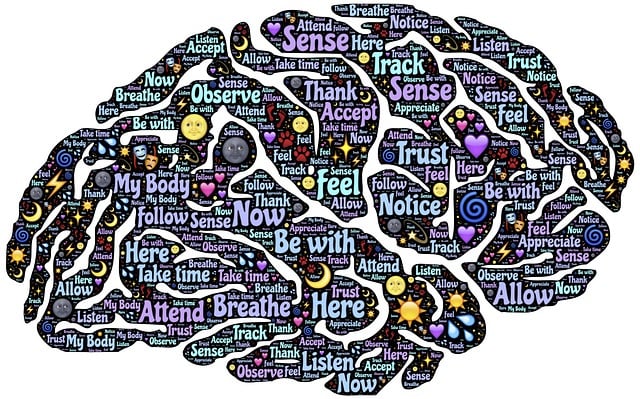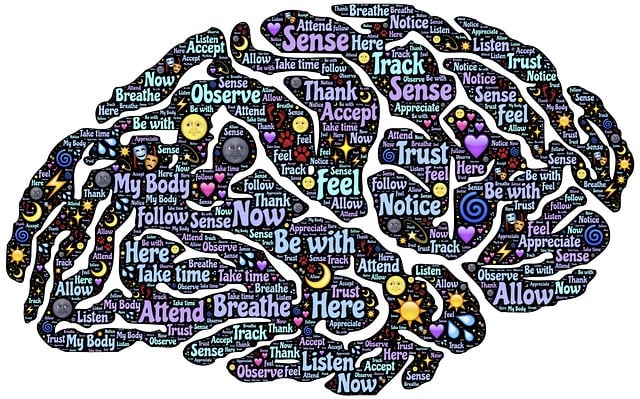In the digital age, Longmont Independent Medical Evaluations (LIME) Therapy fills a critical gap by offering comprehensive mental wellness app development solutions. These evaluations guide creators in designing tailored features for specific needs like anxiety and stress reduction through evidence-based practices. Engaging elements such as daily check-ins, mood tracking, and mindfulness exercises empower users to manage their mental health while providing crisis support. LIME tailors interventions based on professional medical assessments, enhancing app safety and efficacy. Robust data protection and ethical practices ensure user privacy, making these apps valuable tools for individuals seeking LIME Therapy in a convenient, accessible digital environment.
Mental wellness apps are transforming access to support, but their success hinges on understanding user needs and ethical design. This comprehensive guide explores the key components of developing effective mental health applications, from identifying core features for engagement and therapy to integrating critical tools like Longmont Independent Medical Evaluations (LIME). We delve into privacy, security, and ethical considerations, equipping developers with insights to create apps that foster well-being while upholding stringent standards.
- Understanding Mental Health App Needs: A Comprehensive Overview
- Designing Effective Features for User Engagement and Therapy
- Integration of Longmont Independent Medical Evaluations (LIME) in App Development
- Ensuring Privacy, Security, and Ethical Considerations in Mental Wellness Apps
Understanding Mental Health App Needs: A Comprehensive Overview

In today’s digital age, mental wellness apps have emerged as powerful tools for promoting emotional well-being and fostering resilience among users. As such, understanding the diverse needs of individuals seeking therapy and support is crucial for app developers. The market is saturated with various mental health applications, each catering to specific concerns, from anxiety management to stress reduction and mindfulness practices. However, a comprehensive approach is essential to cater to the wide range of issues that contribute to overall mental wellness.
Longmont Independent Medical Evaluations play a significant role in this process by providing thorough assessments that help tailor app features to individual needs. These evaluations ensure that therapy techniques, such as Emotional Well-being Promotion and Resilience Building, are effective and accessible through digital platforms. By integrating positive thinking exercises and other evidence-based practices, developers can create apps that empower users to take control of their mental health journey while offering timely support and resources for those in crisis.
Designing Effective Features for User Engagement and Therapy

Designing effective features within a mental wellness app is paramount for fostering user engagement and delivering therapeutic benefits. Incorporating interactive elements that promote active participation can significantly enhance user experiences, making therapy more accessible and appealing. For instance, apps can offer personalized daily check-ins where users reflect on their emotions and set micro-goals for stress management. This practice aligns with the principles of Emotional Healing Processes and encourages consistent self-awareness.
Moreover, integrating features that support Emotional Intelligence (EI) development is a game-changer. These might include mood tracking tools, mindfulness exercises, or virtual groups where users share experiences in a safe environment. By enabling Longmont Independent Medical Evaluations Therapy through these digital platforms, individuals can access support discreetly and conveniently. Additionally, incorporating educational content related to stress management workshops organized by specialized organizations can empower users with practical coping strategies, thereby improving overall mental wellness.
Integration of Longmont Independent Medical Evaluations (LIME) in App Development

The integration of Longmont Independent Medical Evaluations (LIME) in mental wellness app development adds a crucial layer of safety and efficacy. By incorporating LIME, apps can provide more personalized and evidence-based therapy, leveraging professional medical evaluations to tailor interventions for users’ specific needs. This ensures that self-awareness exercises and inner strength development strategies are appropriate and beneficial for each individual, enhancing the overall mental health experience.
Furthermore, LIME serves as a comprehensive risk assessment tool for mental health professionals, enabling them to proactively monitor user progress and identify potential red flags. This integration facilitates timely interventions and supports mental wellness professionals in offering continuous support to their clients within the app environment. By combining advanced technology with expert medical guidance, LIME-integrated apps aim to foster sustainable inner strength development among users.
Ensuring Privacy, Security, and Ethical Considerations in Mental Wellness Apps

In the realm of mental wellness app development, prioritizing user privacy, security, and ethical considerations is paramount. As users share sensitive personal information, including details about their emotional states, therapy sessions, and progress, developers must ensure robust data protection mechanisms are in place. This involves employing end-to-end encryption for all communication strategies, adhering to strict data minimization principles, and conducting independent medical evaluations (IMEs) to validate the accuracy of self-reported symptoms.
Ethical considerations extend beyond data security. App developers should foster transparent communication about data usage and storage practices, ensuring users understand their rights regarding access and deletion. Additionally, integrating trauma support services and stress management workshops within the app can enhance its effectiveness while maintaining a safe, supportive digital environment. These measures not only build user trust but also contribute to the overall success of mental wellness apps, making them valuable tools for those seeking Longmont independent medical evaluations and therapy.
The development of mental wellness apps, incorporating features like user-engaging designs and the integration of Longmont Independent Medical Evaluations (LIME), presents a promising avenue for accessible therapy. By addressing privacy, security, and ethical concerns, these applications have the potential to revolutionize mental health support, offering discreet and effective solutions for individuals seeking improved well-being. This evolving landscape encourages developers to prioritize user needs, ensuring apps become valuable tools in navigating and enhancing mental health journeys.
